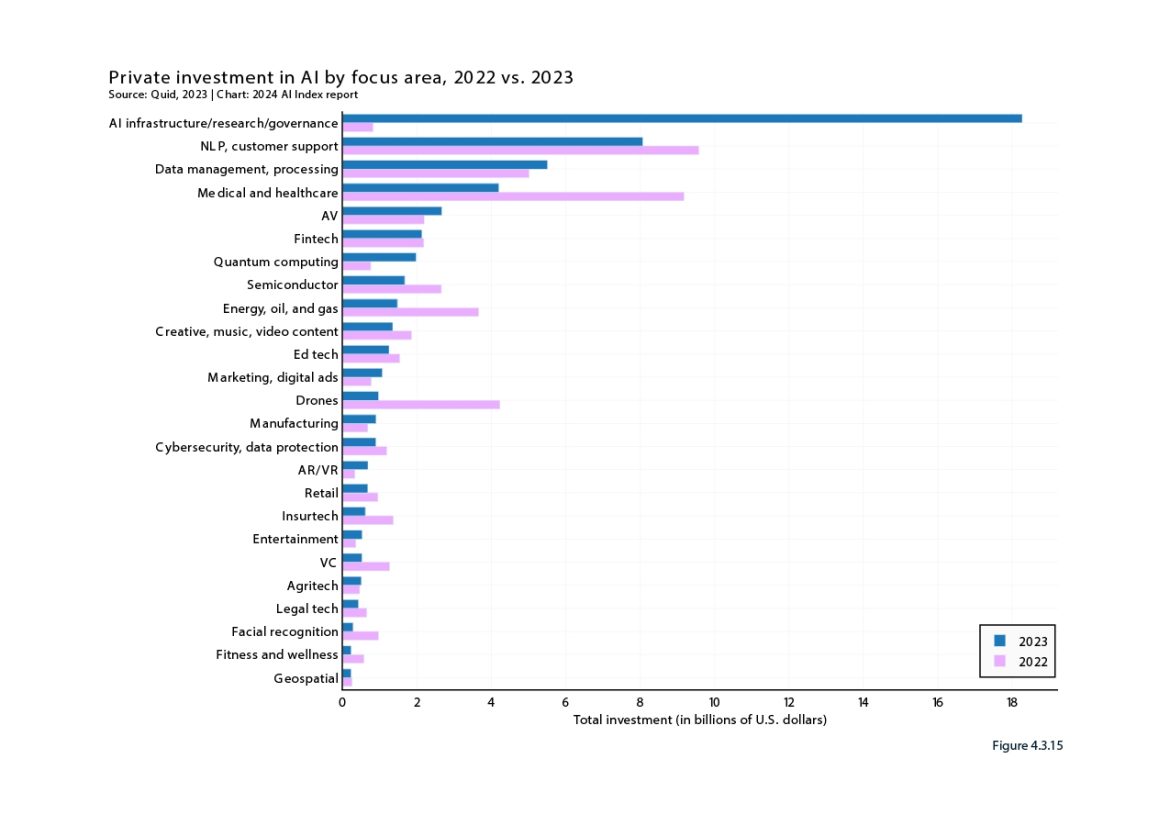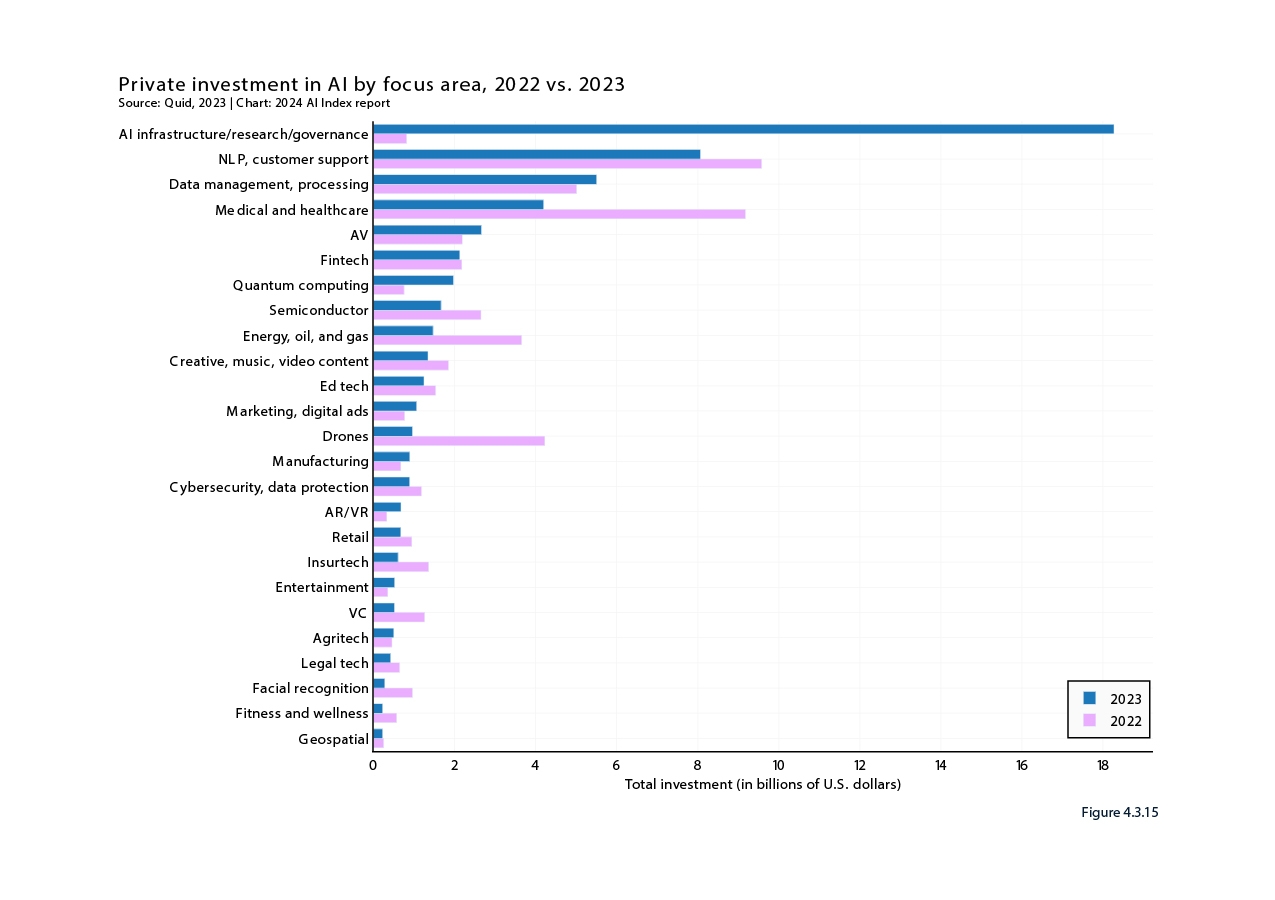
As major technology firms ramp up their already impressive investment in AI technology, their individual digital marketing segments are also seeing growth.
This week’s earnings reports reveal that Meta, Amazon, Alphabet, and Microsoft all posted solid revenue figures in their advertising segments.
The surge in online advertising revenue has alleviated earlier apprehensions that economic instability, exacerbated by President Donald Trump‘s trade strategies, would adversely affect ad expenditures.
“I perceive the digital advertising sector as robust,” remarked Jasmine Enberg, co-founder of Scalable, a media company focused on the creator economy. “It appears that this economic uncertainty and fluctuation is somewhat anticipated for many; it seems to be the new norm.”
During the quarter, Meta led its competitors with the quickest growth in advertising revenue.
The company’s total revenue for the third quarter, with 98% stemming from online ads, surged 26% year-over-year to $51.24 billion, marking its highest revenue since the first quarter of 2024.
Amazon’s online advertising revenue increased by 24% year-over-year to $17.7 billion, outpacing growth in its AWS cloud computing sector, which experienced a 20% rise.
In Amazon’s earning call, CEO Andy Jassy emphasized the ongoing expansion of the company’s ad-specific demand-side platform to additional third-party applications and websites.
“The partnerships we’ve established, such as the one with Roku, provide us with the largest connected TV presence in the U.S.,” Jassy noted. “Combined with our recent efforts to allow our DSP clients to access ad inventory on platforms like Netflix, Spotify, and SiriusXM, it’s a strong advantage.”
Total advertising revenue for Alphabet during the third quarter reached $74.18 billion, up 13% from $65.85 billion a year prior. YouTube’s online advertising revenue climbed 15% to $10.26 billion in the third quarter.
Microsoft’s search and news advertising division generated $3.7 billion in the company’s first fiscal quarter, a 14% increase from the previous year’s $3.2 billion.
Some reductions in ad budgets due to economic unpredictability may have led companies to reallocate spending from traditional outlets like newspapers to digital platforms, according to Jeremy Goldman, senior content director at Emarketer.
“What might be happening seems rather straightforward,” Goldman stated. “It’s smarter to invest in social media, retail media, and search advertising.”
Significant growth in online advertising was not limited to just the largest companies this week.
Reddit reported a 68% increase in third-quarter sales on Thursday, exceeding analyst predictions. The platform noted a 19% year-over-year growth in global daily active users, reaching 116 million, surpassing the anticipated 114 million.
Snap and Pinterest are set to announce their results next week.
Investing heavily in AI
The major tech companies have clearly indicated that they do not perceive any overarching economic issues that would justify reducing their AI expenditures, and instead have raised their capital expenditure forecasts, despite fears of a potential bubble.
Alphabet, Meta, Amazon, and Microsoft collectively anticipate capital expenditures exceeding $380 billion this year, which still represents a small portion of the $1 trillion worth of data center and cloud computing agreements recently announced by OpenAI with partners like Nvidia, Oracle, and Broadcom.
While investors have responded positively to Amazon and Google, they have been less enthusiastic about Microsoft and particularly Meta.
On Thursday, Meta’s stock fell 11% after the company announced an increase in the lower end of its capex guidance from a range of $66 billion to $72 billion to a new range of $70 billion to $72 billion.
Oppenheimer analysts adjusted Meta’s stock rating to hold from buy, noting uncertainty around how the social media platform would benefit from its AI initiatives in comparison to its large tech competitors that also provide cloud services.
“A substantial investment in Superintelligence without clear revenue prospects echoes the 2021/2022 spending on the Metaverse,” the analysts from Oppenheimer commented, contrasting the company’s significant AI expenditures linked to its Superintelligence Labs with the financially straining Reality Labs division which produces virtual and augmented reality technologies.
Susan Li, Meta’s finance chief, conveyed on Wednesday during a post-earnings call that it is crucial for the company to invest in AI-related data centers and third-party cloud computing solutions to avoid falling behind, echoing similar comments made by CEO Mark Zuckerberg.
“The top priority for the company is allocating resources to establish ourselves as a leader in AI,” Li stated. “This implies that we could face some financial stress in the immediate future as our operating profits may fluctuate.”
Meta continues to emphasize how its investments in AI are enhancing its online advertising performance, yet it struggles to clearly demonstrate how these expenses will yield future benefits for the company, according to Enberg.
“We have been hearing over many quarters about their ability to incorporate AI into their advertising operations and leveraging that for growth,” Enberg noted. “However, explaining what follows is more challenging and much less concrete for investors and observers in the industry.”
Nevertheless, Meta is witnessing some progress with new offerings such as the Meta AI application that includes the AI-based Vibes short video service, according to Goldman.
The company may also expand its reach into subscriptions or potentially introduce enterprise AI services to offer to businesses, which Goldman suggests is “an area they haven’t explored at all.”
Currently, Meta’s digital advertising segment still serves as its main business, and similar to past quarters, the effects of economic conditions on ad budgets remain ambiguous.
With the holiday shopping period approaching, attention will be on whether persistent economic anxieties or tariff-induced price increases will lead consumers to limit their spending, potentially influencing corporate advertising strategies.
“The real test will be the figures from Black Friday,” Goldman remarked. “Will results be below expectations?”
WATCH: Big tech earnings indicate the companies you should consider investing in.


